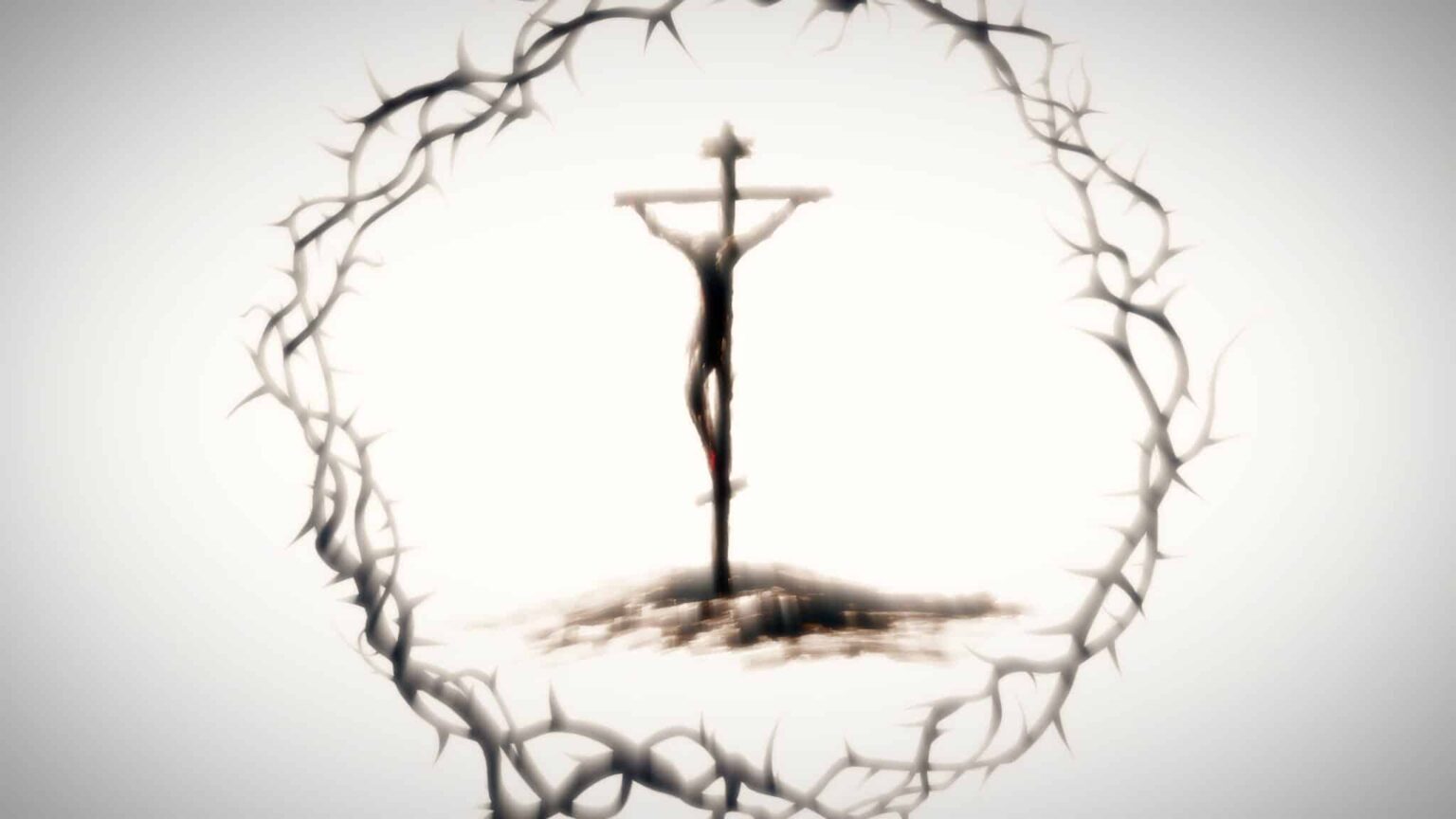
“But this I call to mind, and therefore I have hope: The steadfast love of YHWH never ceases; His mercies never come to an end; they are new every morning; great is your faithfulness.”
– Lamentations 3:21-23
The Lamenter of ch.3 is suffering terribly under the wrath of God, he is writhing under the pain of God’s judgment against Israel for her many years of unrepentant idolatry. His soul is emptied of hope (v.18), he has forgotten what goodness and happiness are like (v.17), he is groaning in bone-deep soul sickness (v.15-16)……But here in verse 21 we see the turning point, the “dawn” that begins to scatter the dark night of his soul. And what is it? What brings the Day? Look at what he says,
“But this I call to mind…”
He calls to mind the truth about God’s character. He forces himself to remember who God is and he hides in that reality. Ultimately this an issue of belief: Is or is not YHWH a God merciful and gracious, slow to anger and abounding in steadfast love and faithfulness? The wording of the Lamenter’s remembrance In verses 21-23 make it seem very likely that he is recalling to mind the self-revelation of God on Sinai from Exodus 34:6-7 (“YHWH, YHWH, a God merciful and gracious, slow to anger and abounding in steadfast love and faithfulness…”). He is basically saying, “I know this is who you are, I know that you are abounding in steadfast love and faithfulness, and I know that – whatever has befallen me – you have not ceased to be who you are, and in that reality I hide and hope.”
These verses are a powerful picture of trust in the Lord in the midst of darkness, and because of that they have, rightly, become precious to the people of God over the ages. However, what’s especially interesting to note here is that, ultimately, this Lamenter represents Jesus Christ. When we view Lamentations 3:1-24 through the lens of the cross, at least three realities come to the surface and I want, very briefly, to consider those with you today.
Jesus Trusts YHWH to Be Himself
Throughout His incarnate life – and especially during the hours of His passion and crucifixion – the man Christ Jesus showed Himself to be the perfect righteous sufferer. He embodied these words from Jeremiah 3 and, as no one before Him was able, trusted in the name of YHWH even in the face of horrific, underserved hardships. Consider it, Jesus of Nazarath was a man, a human being and, as such, His choice in Gethsemane and death on the cross were the greatest display of trust in the Name of God that have ever been seen in reality. He is the Representative Head of God’s people, the “True Israel,” and He succeeds where all before Him failed, clinging to YHWH in every suffering of His life, even to the end. So, Christ embodies these verses in Jeremiah by being the righteous sufferer who perfectly trusts the Name of YHWH.
Jesus “Enables” YHWH to Be Himself
We have looked at this concept before on the FOE blog, but it should be considered again. Jesus does not just suffer as the perfect righteous servant on the cross, He also – by the union of His human and divine nature – suffers as the infinite God on the cross….and it is that act of divine suffering, of God’s substitionary death on the cross, that “enables” God, as it were, to be who He is.
There is a seeming paradox at the heart of God, we see it in Exodus 34:6-7. Here the Lord declares Himself to forgive iniquity, transgression and sin, and yet also declares that He does not clear the guilty. How can this be? How can God be Himself in relation to sinful humans if “being Himself” entails both forgiving sins and yet not clearing guilty parties? The answer is – gloriously – Jesus Christ. When God the Son goes to the cross, He bears the sins of His people in His own body and they are justly damned in His own damnation at Calvary. He takes our sin and gives us His righteousness, and so enables God to be just even as He justifies the sinner by faith in Christ. Sin is forgiven because Jesus died in our place, and yet the guilty party is not simply let off because Jesus died in our place – as the guilty party!…..this is how Jesus’ embodiment of the death and resurrection pattern that we see in Jeremiah 3 enables YHWH to be Himself.
Jesus Shows YHWH to Be Himself
But there is even more mystery here, because – as the God-Man – Jesus’ suffering and death are not merely a manifestation of trust in YHWH or the means by which God acts according to His nature, but they are the supreme declaration of the name of YHWH.
Because He is God, it is BY His suffering the woes of Jeremiah 3 in Himself and BY redeeming a people from sin and judgment, that Jesus climatically proclaims God to be the one who is abounding in steadfast love and faithfulness. The love-driven death of God the Son is the loudest and clearest and most perfect revelation of the Name of God that has ever or will ever or can ever descend into creation….THIS is our God, laying down His life of His own accord, swallowing up hell for His people even as He is willing swallowed in its fires, victoriously and with all sovereign authority making Himself nothing and giving Himself up so that all might know and love God the Father in Him. The endless ages of eternity will be ecstatically occupied with unfolding and understanding the multifaceted implications of the single act of love poured over our heads at the cross….the act of love where God declared Himself to be Himself to and for us.
So The Triune God was trusting Himself to be Himself, enabling Himself to be Himself, and declaring Himself to be Himself, all in the singular act of Jesus’ sacrificial death and vindicating resurrection. Awesome…



